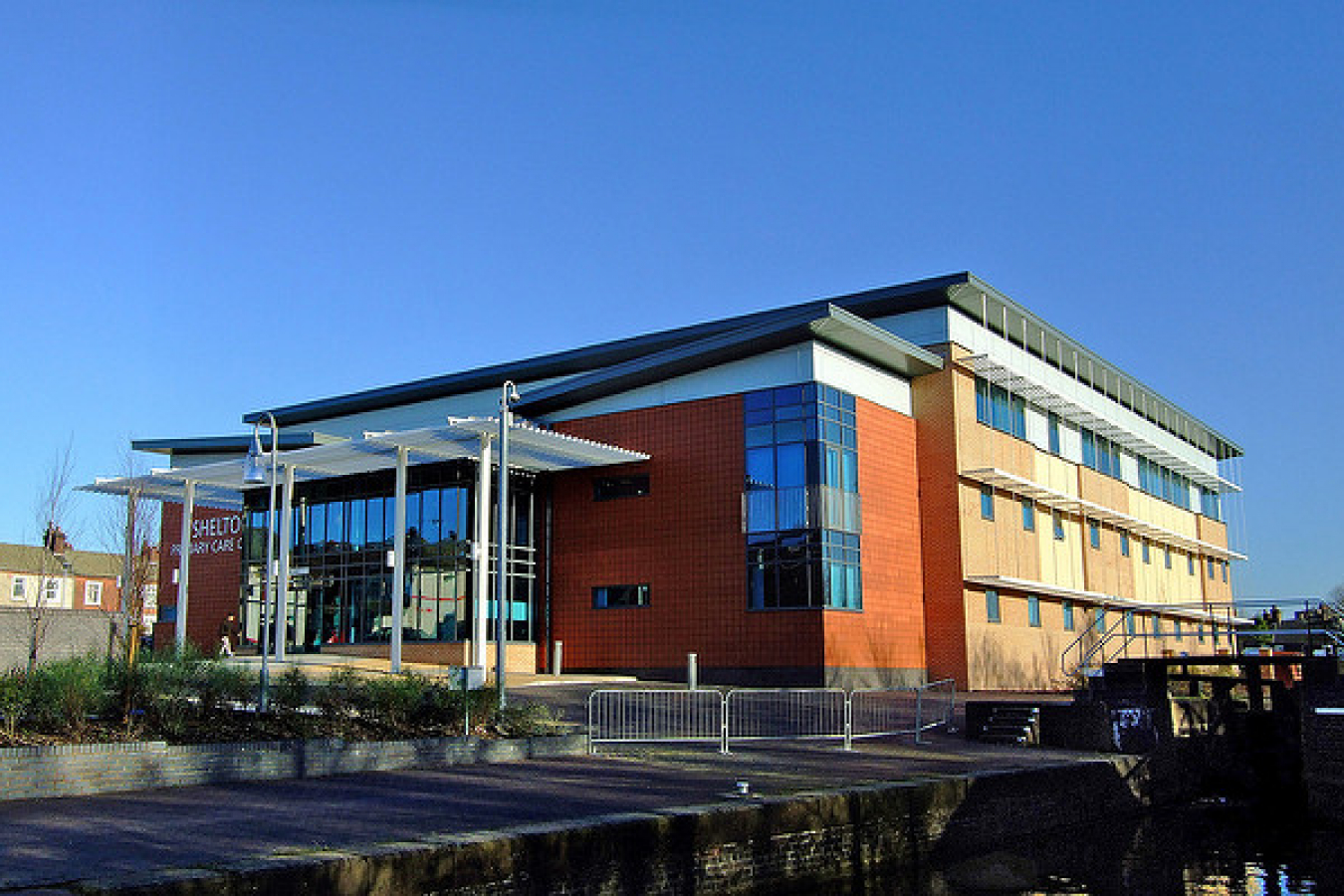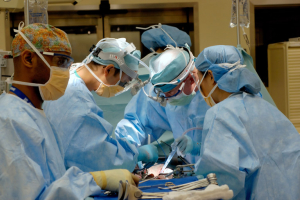Support migrant centric journalism today and donate

Amid a growing shortage of General Practitioners (GPs), the UK's National Health Service (NHS) is looking to recruit more Indian doctors on Tier 2 visas to plug the gaps. The employment and training department of the NHS, Health Education England (HEE), has signed a 'memorandum of understanding' with Indian-based, Apollo Hospitals.
The UK government has given HEE the task of increasing GP numbers by 5,000 by 2020, but the department has already failed to reach targets for GP training. The agreement struck with Apollo Hospitals in India could see hundreds more doctors coming to Britain, provided they can pass rigorous tests.
According to a report published in daily UK newspaper The Telegraph, Oxford University had warned that the mounting workload of GPs – which has increased by 16 per cent over the last seven years – was 'unsustainable.'
Sanwar Ali, Editor of workpermit.com News has the following comments to make:
It seems that becoming a doctor these days is not that popular. It is probably the case that many British people do not wish to do this sort of work. The pay may not be that bad. However, you have to work long hours. Because of the nature of the work it is a stressful job. There is probably no alternative but to bring in doctors from abroad on Tier 2 visas. However, the Government is making it difficult to bring in people on Tier 2 visas.
Because of the difficulties in meeting Tier 2 sponsorship licence requirements which employers need to adhere to and obtaining Tier 2 visas many employers have decided it is not worth the trouble applying for tier 2 visas.
British Association of Physicians of Indian
HEE said that while the details of their agreement with Apollo Hospitals is yet to be finalised, the British Association of Physicians of Indian Origin (BAPIO) - a national voluntary organisation established in 1996, initially set up to support doctors arriving from India to work in the NHS – said that it understood the NHS was planning to recruit 'as many GPs as possible.'
In an interview with Pulse magazine – a publication dedicated to GPs - President of the BAPIO, Doctor Ramesh Mehta, said: "I think it is a pity that HEE have to go abroad to recruit GPs [on Tier 2 visas] to fill vacant positions. Unfortunately, the training of GPs has not been managed properly over the years."
Mehta went on to state that GPs arriving in the UK on Tier 2 visas, from India, require 'proper support and mentoring' so that they avoid 'getting into trouble', which has been a common occurrence in the past when doctors come into the NHS without a proper induction.
Britain's reliance on foreign doctors on Tier 2 visas
According to a 2015 report published by the Organisation for Economic Co-operation and Development (OECD) – a body that promotes policies that will improve the economic and social well-being of people around the world – Britain recruits more foreign doctors than any other major European country, with more than one-third of doctors born abroad.
Additionally, the OECD report found that the UK was also one of the largest exporters of doctors, with a rising number of healthcare workers heading abroad, to countries like Australia, to work.
Problems with Overseas Doctors and medical staff working in NHS
According to separate research, carried out by King's College London and the University of Southampton, hospitals with a high number of foreign-born nursing staff displayed higher levels of patient dissatisfaction and received low ratings.
The study found that patients at hospitals with a high number of foreign healthcare workers were more likely to struggle with understanding staff and felt they were treated with less dignity.
Former chair and current member of the British International Doctors' Association executive committee, Doctor Umesh Prabhu, said of NHS plans to recruit more Indian doctors: "This is a most dangerous thing, because these doctors are not trained to be GPs in the UK. Their training is entirely different. I have concerns for the doctors' safety and the patients' safety."
A counter-statement from chairwoman of the Royal College of GPs, Doctor Maureen Baker, said: "Doctors won't simply be 'parachuted' into the NHS. We welcome any expressions of interest from doctors outside of the EU wanting to work in the NHS - but they would first have to undergo GP specialty training, and pass our rigorous entrance assessment. They would also have to pass the GMC's professional linguistic and assessments board test."
Labour's Shadow Health Minister, Lord Hunt, said that it was crucial for doctors arriving in the UK from overseas to undergo strict testing prior to being allowed to practice in Britain.
"Ministers have a responsibility to ensure that any doctor recruited from abroad will continue to go through rigorous assessment to guarantee they are able to deliver safe care to NHS patients," Lord Hunt said.
"The reality is that this short-term fix will do nothing to address the crisis in general practice which has happened on this government's watch. GP surgeries have been left underfunded, understaffed and unable to cope with rising demand," Hunt added.
Amid its campaign to recruit more Indian GPs, HEE released a statement saying: "England and India have signed a memorandum of understanding as a starting point to exploring how both countries can benefit from the mutual exchange of ideas."





















